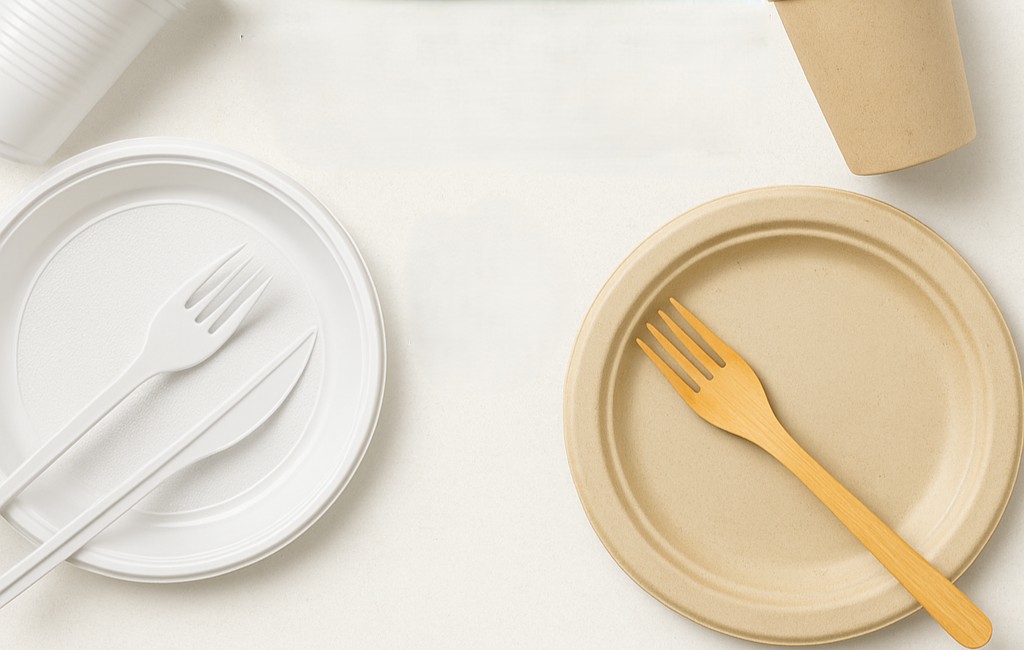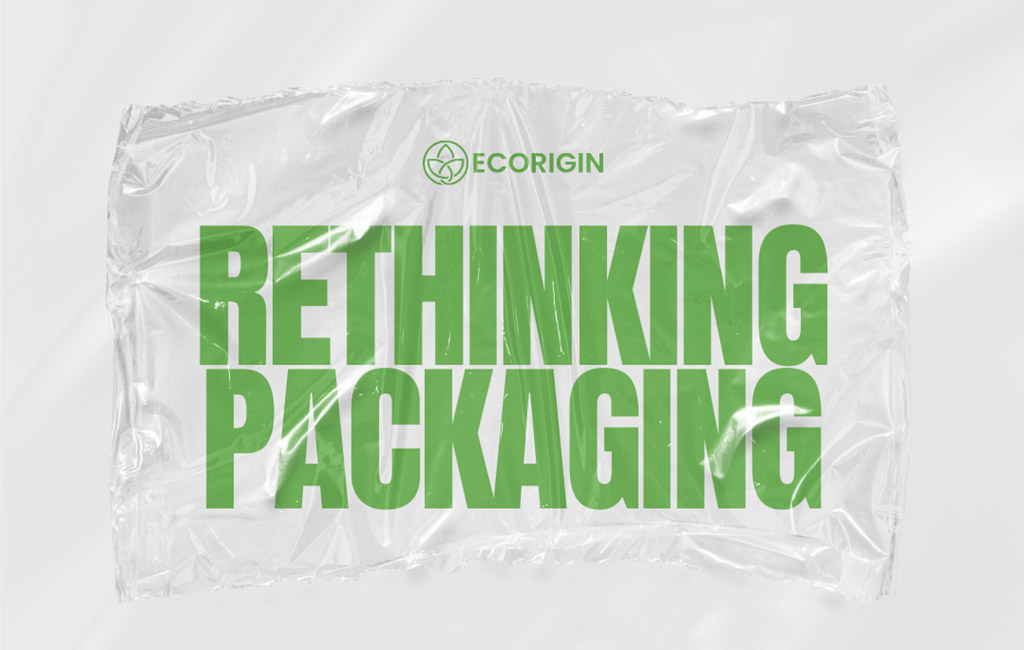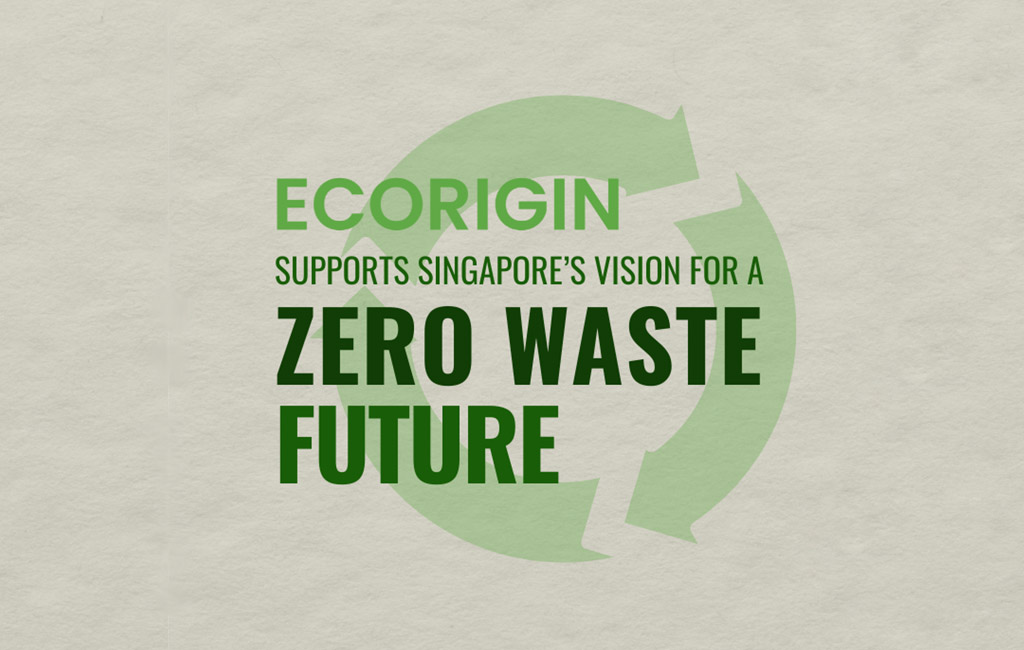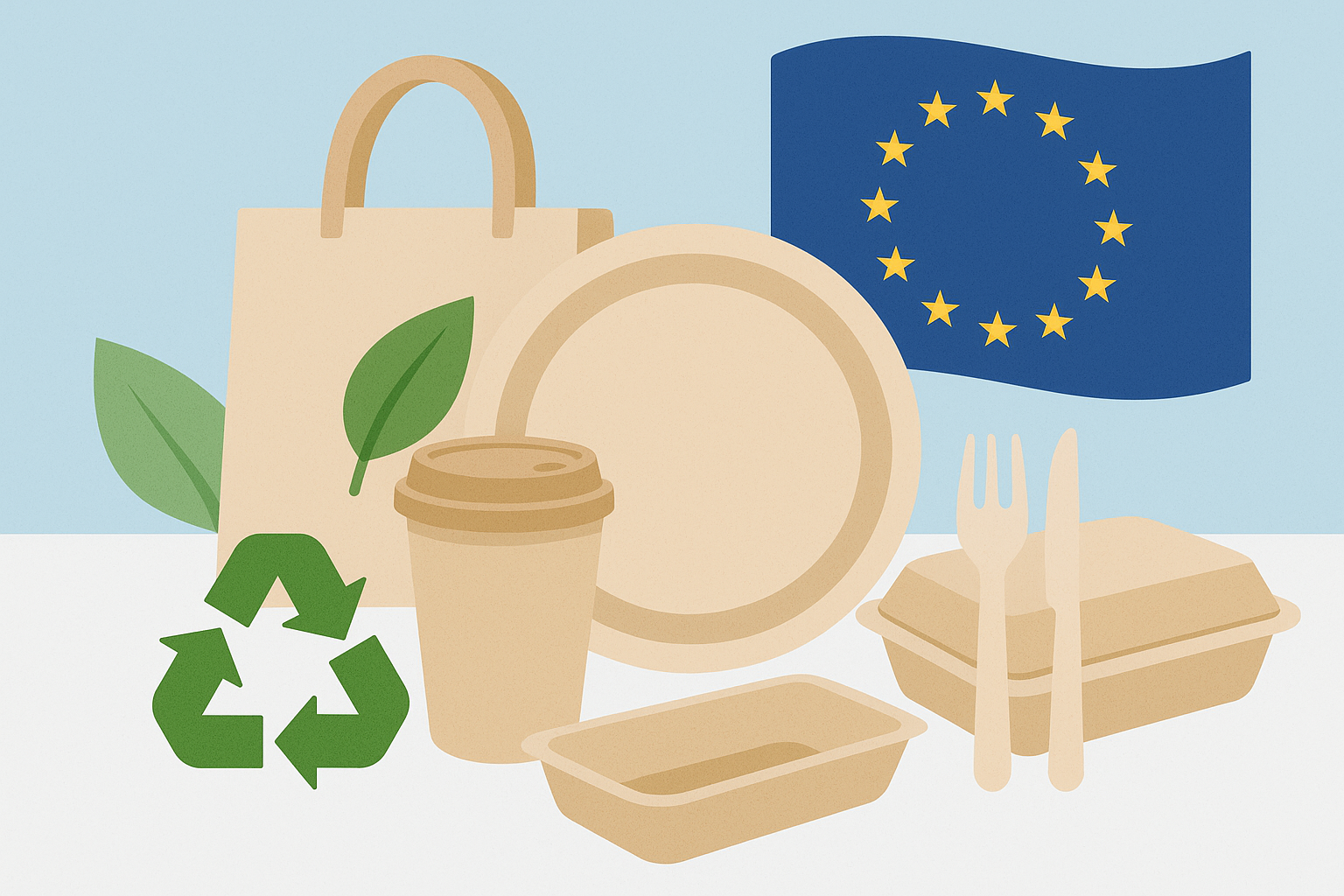Over the past decade, the U.S. market has witnessed a significant shift in the disposable tableware industry—from traditional plastic plates to eco-friendly alternatives like bagasse (sugarcane pulp), bamboo, and other biodegradable materials. This transition is not only consumer-driven but also deeply rooted in changing regulations and evolving retail expectations.

The shift is fueled by three major forces:
Environmental Concerns
Consumers are increasingly aware of the environmental impact of single-use plastics. Images of overflowing landfills and polluted oceans have driven demand for tableware made from renewable and compostable materials.
Regulatory Pressure
Local and federal governments in the U.S. have introduced laws to reduce plastic waste. Several states, including California, New York, and Washington, have banned certain single-use plastics or implemented strict labeling for compostable items.
California’s SB 54 mandates that all packaging must be recyclable or compostable by 2032.
The FTC is updating the “Green Guides,” making it tougher to label products as “biodegradable” or “compostable” without solid scientific proof.
Retailer-Led Change
Retail giants like Walmart, Target, and Whole Foods are pushing sustainability goals upstream. Their ESG (Environmental, Social, and Governance) commitments now include stricter packaging requirements for suppliers. Many now favor or exclusively list products made with certified compostable or plant-based materials.
Let’s explore the most popular plastic alternatives:
Made from the fibrous residue of sugarcane after juice extraction.
Compostable and microwave-safe.
Popular in both retail and food service sectors.
Fast-growing and naturally anti-bacterial.
Durable and ideal for upscale disposable dining.
Gaining attention as a sustainable luxury.
Bioplastic made from corn starch.
Often used for clear cups and lids.
Compostable only in industrial facilities—requires proper labeling.
Combines traditional paper with compostable coatings instead of plastic lamination.
Ideal for mass-market affordability with a lower environmental footprint.
Walmart’s “Project Gigaton” encourages suppliers to reduce emissions, including packaging waste. Suppliers are now required to report packaging metrics through the Walmart Sustainability Hub. Similarly, Aldi has committed to making 100% of its packaging recyclable, reusable, or compostable by 2025.
These shifts impact product design, materials sourcing, and certification requirements. Eco-labels like BPI, TÜV Austria, and USDA BioPreferred are now crucial in gaining shelf space and retailer approval.
Brands and manufacturers that embrace plant-based innovations are not only complying with regulations—they are gaining a competitive edge. U.S. consumers, particularly Millennials and Gen Z, are rewarding sustainable choices with their loyalty and dollars.
As legislation tightens and eco-conscious shopping becomes mainstream, the transition from plastic to plant-based tableware isn’t a passing trend—it’s the new normal.
The U.S. market is moving toward a circular economy where disposable no longer means destructive. For suppliers, adapting to this movement means investing in sustainable materials, ensuring certification compliance, and aligning with the values of modern retailers and consumers alike.


